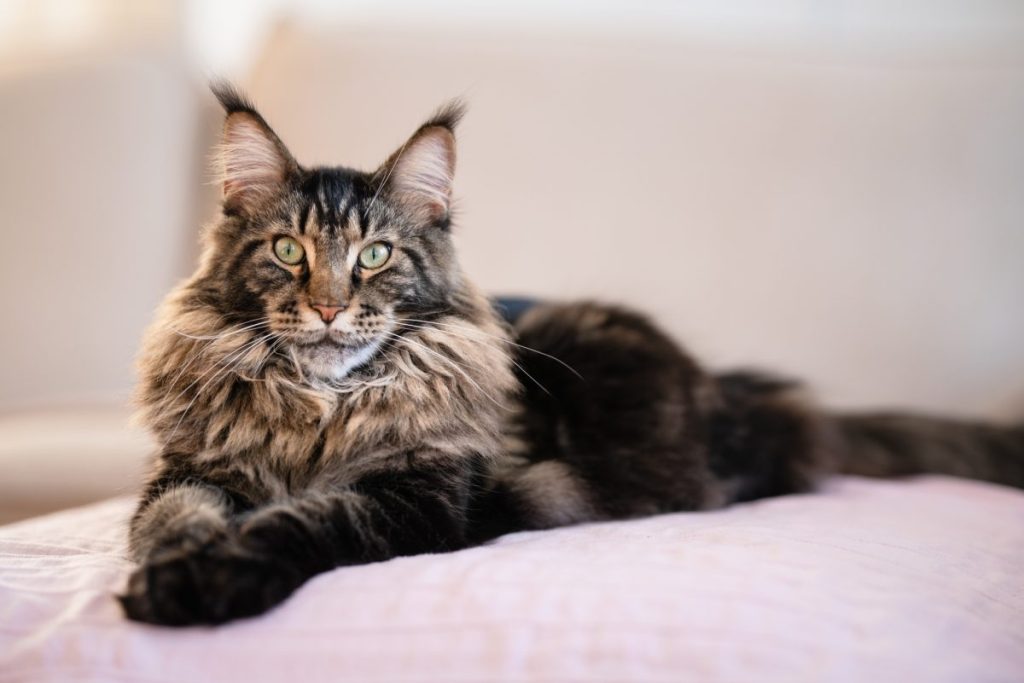The Maine Coon, one of the largest and oldest natural cat breeds, hails from Maine, where the breed was known as a popular mouser, farm cat, and ship’s cat as far back as the early 19th century. Known for their impressive size, tufted ears, bushy tails, and luxurious, semi-longhair coats, Maine Coon cats are easily recognizable. Also renowned for their friendly and sociable…

An adorable video of a cat named Kai’s before and after relationship with his human baby sibling has left the…


